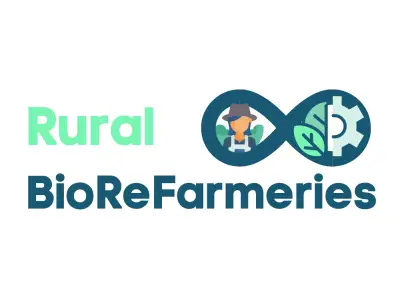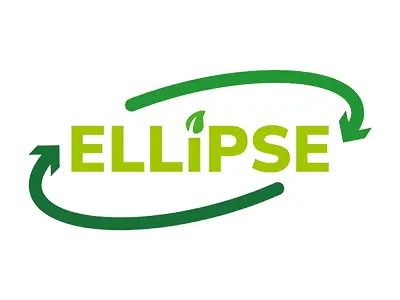
Europe’s primary producers – farmers, foresters, and fishermen – are important stakeholders of the circular bioeconomy. They provide biomass to produce food, feed, materials, and energy. In the case of Europe’s grasslands this represents a significant opportunity through the development of green biorefineries. However, current green biorefinery models yield marginal profits and need improvements to gain the support of grassland farmers and stakeholders.
The Rural BioReFarmeries project aims to showcase the first small-scale decentralised green biorefinery model and facilitate its widespread adoption to enhance local resilience, sustainability, and economic prospects throughout Europe’s rural grassland areas. By bringing together farmers, industries, and collaborators across Europe, the project demonstrates a farmer-centric bioeconomy. The project’s goal is to optimize grasslands and alternative green biomass feedstocks with a decentralised approach that empowers farmers through biomass value creation. This will allow for co-production of essential farm inputs (feed, energy and nutrients) and high-value products (human grade protein, flavours, anti-microbials and biomaterials) with industry partners.
Through the enhancement of green biorefinery standards, Rural BioReFarmeries fosters collaboration and sustainability. The project will allow farmers to diversify their income sources and reduce emissions across the agri-food sector. Supported by inclusive business frameworks and practical training, the initiative plans to replicate its blueprint across Europe, providing a scalable solution for grasslands. This not only addresses sustainability and profitability for farmers, but also boosts rural resilience and promotes efficient use of local bioresources.
Website: ruralbiorefarmeries.eu

ELLIPSE will produce polyhydroxyalkanoates (PHAs) – natural biodegradable polyesters – using significant, locally available and renewable waste streams: slaughterhouse waste, paper and pulp sludge. This waste will be processed with other organic waste such as glycerol from the biodiesel industry and sludge from the dairy industry to make agricultural products and packaging for personal care products.
The project will make it possible to reduce volumes of landfilled waste by using anaerobic digestion instead. This will translate into increased water reuse and prevention of soil degradation, pollution and methane emissions. It will also create opportunities for production of new platform chemicals and bio-plastics and generate revenue for the industries producing the waste.
Website: ellipse-project.eu